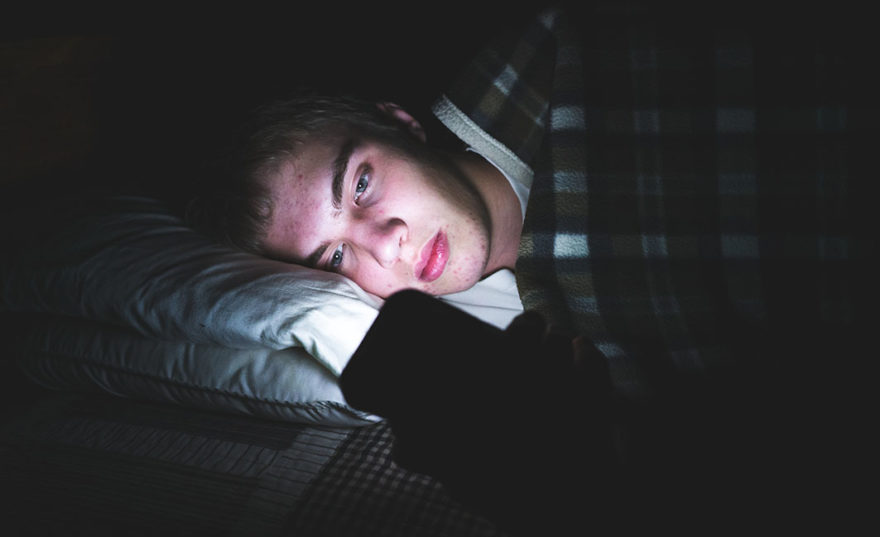Poor sleep seems to be associated with antisocial and criminal behaviour, but the longitudinal nature of this relationship is unclear. A recent study conducted by Adrian Raine and Peter Venables tested two hypotheses: (1) that adolescent daytime sleepiness is associated with later adult criminal offending; and (2) that social adversity predisposes to sleepiness, which in turn predisposes to attention impairment and adult crime.
To address their hypotheses, the researchers recruited >100 15-year-old boys and collected self-report sleepiness and self-report and teacher-report antisocial behaviour ratings, assessed attentional capacity (by autonomic orienting) and arousal (by electroencephalogram) at baseline and collected conviction records for crime when the boys reached 29 years-of-age. They found that sleepy adolescents were more likely to be antisocial during adolescence and 4.5 times more likely to commit a crime by 29 years-of-age. Interestingly, self-report sleepiness predicted adult crime over objective measures of daytime sleepiness (based on electroencephalogram theta activity). Poor levels of daytime attention partly mediated this relationship between sleep and crime.
Finally, social adversity predisposed boys to daytime sleepiness, which was associated with reduced attention, which in turn predisposed to adult crime. Sleep is an alterable risk factor for crime, and crime is a costly international public health problem. Consequently, the researchers explain that giving more attention to this neglected health risk factor for crime will have societal, clinical and educational benefits.
Study Implications
Clinical practice:
The researchers recommend that a simple, self-report question on daytime sleepiness may be predictive of a future salient negative outcome (crime). Posing this question to children and adolescents during daytime therapy could, therefore, have some prognostic utility. The availability of brief but effective behavioural sleep intervention for adolescents provides an opportunity for prevention and intervention studies to reduce externalising behaviour problems in clinical and nonclinical adolescent samples.
Service development/delivery:
The researchers note that daytime sleepiness and sleep measures are not currently incorporated into risk assessment tools to predict future dangerousness. They propose that including a question on daytime sleepiness in such instruments could ascertain whether this risk factor has utility in improving recidivism prediction. Future crime may be reduced by screening high-risk adolescents for sleep problems and providing them with sleep hygiene education to attenuate this risk factor.
Raine, A. & Venables, P.H. (2017) Adolescent daytime sleepiness as a risk factor for adult crime. J. Clin. Psychol. Psychiatr. 58: 728-735. doi:10.1111/jcpp.12693.
